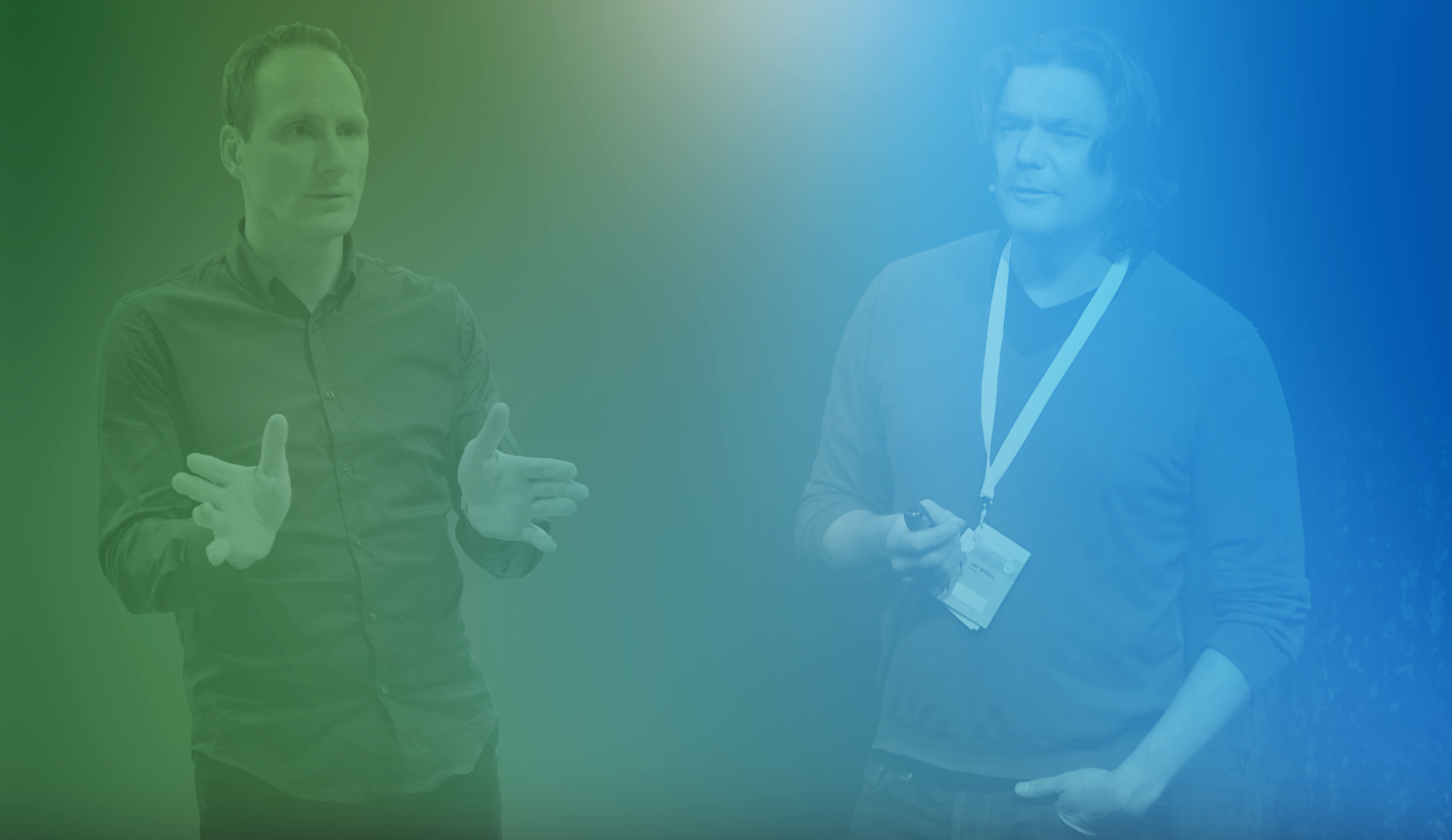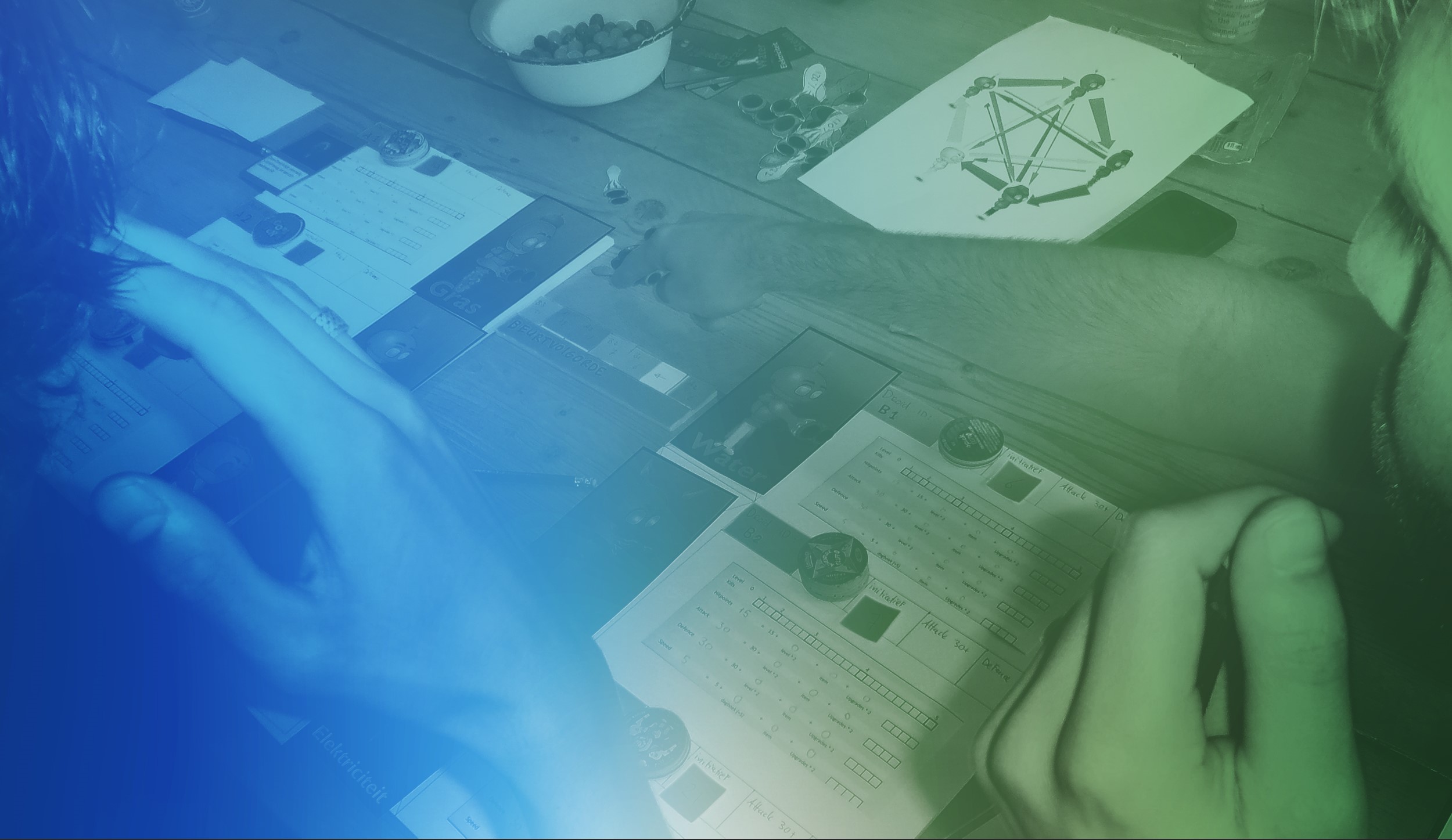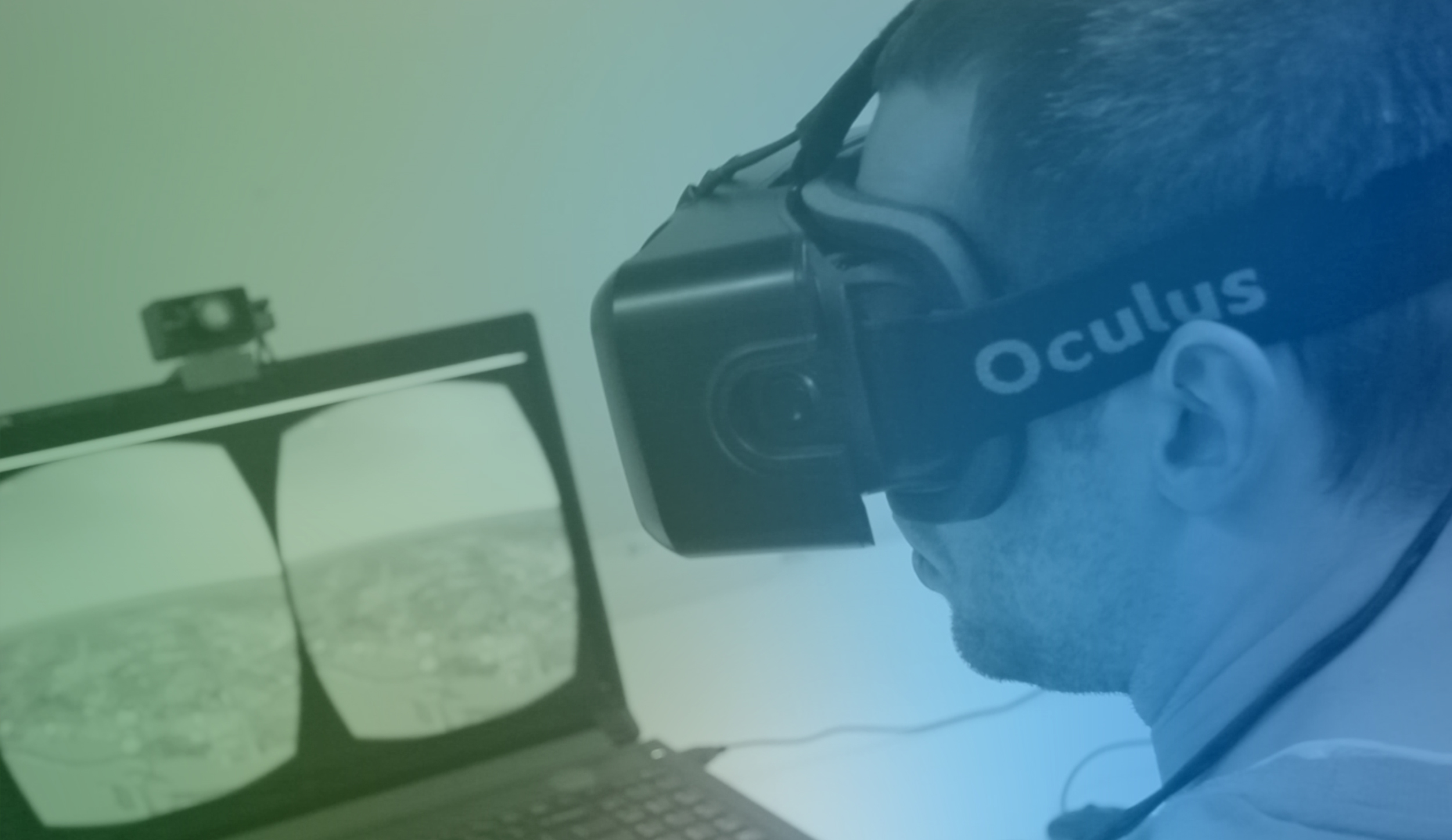Playful Learning
What position should Playful learning have within an organisation, the education system, or society? A game or a new way of learning?
knowledgeCuriosity
Curiosity is one of the most important drivers of science. Would we ever have landed on the moon without it?
visionevidence based
We evaluate the effectiveness of our concepts. Without exception, testing exercises with the target audience provide added value.
process
Playful Learning
Increasingly, scientists, educational institutions and organisations are recognising that learning is more effective when the principles of play are used. A game is a complex system designed in such a way that the player fails continually while remaining confident at the same time. There are short feedback loops, clear objectives, and the player is personally responsible for the solution. Game design is the design of behaviours, values and responsibility.
We believe ‘Playful Learning’ goes much further than ‘playing a game’. It is a new way of looking at motivation and behaviour.
IJsfontein developers have a vision. That means we do more than develop tools, we also apply our expertise for other purposes. We are regularly invited to speak at conferences, or to contribute to new educational initiatives such as ‘De Nederlandse School’. On a smaller scale, we organise workshops or master classes about game-based learning, gamification, or digital didactics.
Contact us or visit us in Amsterdam!

evidence based
Together with universities and a network of experts, we work continuously on the innovation of our products. Many of our products have been accredited and validated through this way of working. In our specially equipped Playlab, users play with paper or digital prototypes in the relaxed setting of a living room.
In another area, clients and developers observe via a livestream what is happening and how people react. The strong and weak points often become clear immediately during a playtest, as do focus areas for the next phase of development.
Every project is different and we tailor our methodology, strategy and team accordingly. We guarantee a personal approach in which we work intensively with our clients to produce an effective end product. For example, a ‘linear’ approach works well for smaller projects. It entails a step-by-step process that culminates in a single offering.
For larger, more complex projects, we often use a more active ‘iterative’ method like SCRUM. That entails splitting the production phase into multiple steps and offerings. If research is an important part of the project, we agree in advance when we will do this and what the impact will be on the rest of the project.

Interaction
For every assignment, we assess different forms of interactivity and play, and we seek out the elements that together are most suited to the goal of the assignment. We develop apps, websites, interactive installations, gamification, serious games and multimedia tours with a single denominator: playful learning
In addition, we also develop complete digital learning projects and gamified platforms for permanent education. Dependent on the demand, target group and context of the learning objectives, we select the best choice of technology and platform in consultation with the client.
It is wise to gain a good insight before making large investments. After all, good preparation often leads to better implementation and a better product. Therefore, we offer analysis exercises and workshops. In analysis exercises, we use different forms of research to identify appropriate learning interventions.
We use workshops to provide the most important stakeholders in your organisation with an insight into the (im)possibilities of game-based learning.









